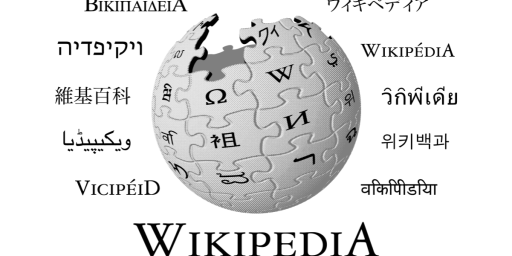Forcing Pirates to Walk the Plank
The British government has devised a novel solution to dealing with online piracy: Disable the Internet accounts of violators.
Broadband providers could be forced to suspend their customers’ accounts under proposals announced on Tuesday by the UK government to tackle internet file-sharing.
The proposals mark a hardening of the government’s stance against piracy since the Digital Britain report was published in June, and would give substantial new powers to Lord Mandelson, secretary of state for business, over the process.
The final decision on whether to disconnect those downloading copyrighted music and movies will now rest with Lord Mandelson rather than with Ofcom, the communications regulator. This would allow the government to move “much quicker” than Ofcom acting alone, the government said. “We are considering the case for adding suspension of accounts into the list of measures that could be imposed,” the Department for Business, Innovation and Skills said on Tuesday. It added that this would be a “very serious sanction” that “should be regarded as very much a last resort”.
[…]
The proposal has upset ISPs and consumer groups.
A Virgin Media spokesperson said: “We share the government’s commitment to addressing the piracy problem and recognise that new laws have an important role to play in this. But persuasion not coercion is the key to changing consumer behaviour as a heavy-handed, punitive regime will simply alienate mainstream consumers. “The government should be ensuring a balance of action against repeat infringers and the rapid development of new legitimate services that provide a compelling alternative to illegal file-sharing.”
Larry Whitty, chairman of Consumer Focus, said: “Cutting people off the internet for allegedly infringing copyright is disproportionate. And to do so without giving consumers the right to challenge the evidence against them undermines fundamental rights to a fair trial.”
Cutting off access upon mere accusation strikes me as untenable. But, given due process, it’s hardly draconian to take away repeat violators’ access something they’re abusing. While not exactly the same thing, we take away driving privileges for those who repeatedly operate their vehicle while intoxicated.
Photo credit: Derek Sivers







Kind of highlights the protections that Americans have that the English don’t. The Constitution and Bill of Rights really show in instances like this. mpw
If I recall correctly, we’re already seeing a decline in music piracy due to the rise of free streaming services providing it. This would only accelerate that trend.
How do you stop someone from piggy backing off free wifi signals or signing up for free email accounts using fake identities?
This might work for a while, until the punishments become noticeable and inconvenient, and then point to point encryption will become standardized and the only thing that the authorities will know is that a lot of data is moving from one personal computer to another but they won’t know what that data is.
Will the convict merely on suspicion that the data is pirated content? Will they upend centuries of tradition in jurisprudence in order to protect the failed business model of an economic sector?
DC Loser, unfortunately the process would be to hold Starbucks (e.g.) responsible for what its users are doing. Theoretically, you just start shutting off the flow farther and farther upstream, all the way to the backbone if no one downstream is cooperating.
Obviously it is highly unlikely that it would ever come to that, as access providers (including those who sell to Starbucks) are unlikely to jeopardize their entire businesses over any principle, let alone one as dubious as the right to trade copyrighted media.
One should add that we are mainly talking about users of file-sharing protocols like Bit Torrent or Limewire, which are easy enough for free wifi providers to block (most already do; try starting a bit torrent transfer in a McDonald’s if you don’t believe me).
Yes, they will.
They better hurry up! If this piracy thing keeps up, they won’t be able to afford the pricey lawyers and lobbyists that allow their businesses to thrive in a drastically changing market.